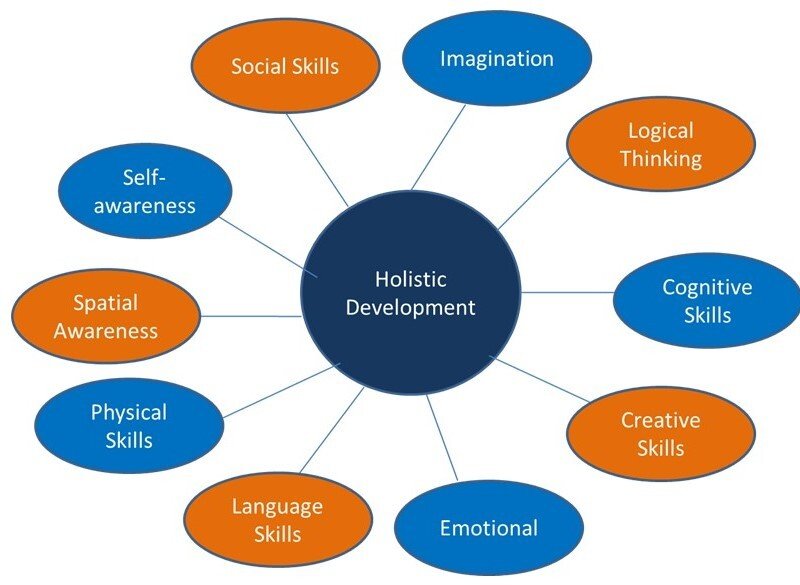Revolutionising the Indian Education System: Exploring the NEP 2020

Introduction:
In recent times, the Indian education system has witnessed a significant transformation with the implementation of the National Education Policy (NEP) 2020. Spearheaded by the Ministry of Education, NEP 2020 aims to revolutionize the way education is imparted in India, emphasizing holistic development, critical thinking, and skill-building. As CMD of Vikrant Kapoor Angels Paradise Preschool and Head of Oxford International School, I am delighted to shed light on the notable changes brought about by this groundbreaking policy.
1. Emphasis on Holistic Development:
One of the key aspects of NEP 2020 is its emphasis on holistic development. The policy recognizes the need to nurture students’ cognitive, physical, and socio-emotional aspects alongside academics. It encourages the integration of extracurricular activities, vocational education, and sports within the curriculum to foster a well-rounded growth for every child. By recognizing the importance of holistic development, NEP 2020 promotes the idea that education should go beyond textbooks and examinations.

2. Flexible Curriculum and Multidisciplinary Learning:
NEP 2020 introduces a flexible curriculum framework that encourages multidisciplinary learning. It allows students to choose subjects based on their interests and capabilities, fostering a deeper understanding of the concepts. This shift from a rigid subject-oriented approach to a more flexible and diverse curriculum ensures that students can explore a wide range of disciplines, stimulating their curiosity and creativity.

3. Early Childhood Education and Foundational Learning:
The NEP 2020 recognizes the significance of early childhood education and foundational learning. It aims to provide quality education to children aged 3 to 6 years, paving the way for a strong educational foundation. By focusing on early childhood education, the policy aims to nurture children’s innate talents, promote curiosity, and develop cognitive and motor skills during the critical formative years.
![The Five Pillars of Reading] Breaking Down the Elements of Successful Literacy Instruction | Edmentum Blog](https://blog.edmentum.com/sites/blog.edmentum.com/files/styles/blog_image/public/images/FivePillarsofReading1.jpg?itok=5V9VAXsq)
4. Technology Integration and Digital Learning:
NEP 2020 acknowledges the role of technology in enhancing the learning process. The policy promotes the integration of technology in classrooms, ensuring access to digital resources and tools for both students and teachers. By incorporating digital learning methods, NEP 2020 aims to make education more engaging, interactive, and accessible, bridging the urban-rural divide and promoting equity in education.

5. Teacher Training and Professional Development:
The policy acknowledges the pivotal role of teachers in shaping the future of education. NEP 2020 emphasizes the importance of continuous professional development for teachers to enhance their teaching methods, content knowledge, and pedagogical skills. It encourages the creation of vibrant teacher-training programs and platforms to facilitate their growth as effective facilitators and mentors.

Conclusion:
The National Education Policy 2020 has marked a significant milestone in transforming the Indian education system. With its focus on holistic development, flexible curriculum, early childhood education, technology integration, and teacher training, NEP 2020 aspires to create a generation of learners who are well-prepared for the challenges of the future. As CMD of Vikrant Kapoor Angels Paradise Preschool and Head of Oxford International School, we are committed to aligning our institutions with the principles of NEP 2020, providing an educational experience that nurtures the potential of every child and prepares them for a dynamic world ahead.








